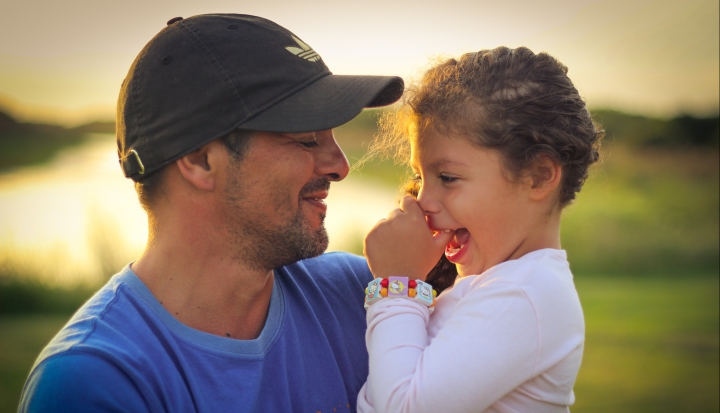Francis, father of four, has little in common with his youngest daughter, who is 11. A quiet, reserved man, Francis approaches life in a deliberate, conscientious, thoughtful way. “Sometimes decision-making is difficult for me, because I like to research all my options,” he says. “My daughter Claire, on the other hand, is impulsive and outgoing. She can be demanding when she wants something, because she wants it right now! It can be exhausting. It’s difficult to relate to her personality because it is so different than my own.”
Parenting is always tricky, but it’s often easier when the parent can see him or herself reflected in the child. In Francis’ case, his oldest son has his quiet personality. “Parenting Stefan is so much less stressful because I understand him more—I see a younger version of myself. Parenting Claire is unfamiliar territory.”
Appreciating differences
Tawnya, mother of four, is president of a company that does cultural consulting. She spends her days training professionals who are preparing to move to another country due to a new assignment or who are soon embarking on a shorter-term, cross-cultural business venture. Tawnya sees a connection between training people in the practices and nuances of another culture and parenting children who approach life differently than their parents.
“I think we all naturally assume that if everyone was more like ourselves, everything would be better,” she says. “But what I’ve learned through my work, and even more through my parenting, is that God reveals himself in other people in so many more ways than he’s revealed himself in me and in my life.”
Francis feels that through the years, he has made a conscious effort to work with Claire in situations where her natural impulsivity is a positive. “Claire is the one I invite to join me if I have any furniture to put together or a project like that. She makes everything quicker. I’ll be sitting there reading the directions and she’ll dive in and put together half the bookshelf before I look up again. Finding situations like this where I know she’ll be successful helps me see her gifts more easily.”
Emma, mother of three, says that she and her husband Sam are not athletes, but their son Henry is. “It’s been so cool for us two theater geeks to have a jock for a son. He has expanded our world and has helped us learn so much from his fearless love of sports.”
Pieces of a puzzle
Parents who do best navigating a relationship with a child who is very different than they are see goodness in both themselves and their child. Just as it’s erroneous to think that the parents’ way is the only way, parents need to make sure that they don’t allow their children’s approach to eclipse their own wisdom. Successful parents recognize that family life can be like a complex jigsaw puzzle: it may not be obvious at first where pieces fit together. But searching and finding a connection—where parent and child complement each other—is satisfying, and absolutely worth the effort.
Amy’s son Jack was a talented high school basketball player and a very good student. When it came time to make a decision for college, Jack was considering a tiny college because he knew he wouldn’t be able to make the team at a larger school. Amy saw he was approaching college through the lens of basketball, rather than as an important life stage with many dimensions and a holistic impact.
“I sat down with him and explained that while I never had the experience of giving 10 years of my life to a sport, as he had, he needed to evaluate his dream of playing college ball from a few different perspectives,” she says. “I asked him if he got injured and couldn’t play, would that college still be the place that he wanted to go?” Jack eventually chose a larger university where he wouldn’t be able to make the team, but which was a significantly better fit for him academically.
For Elizabeth, prayer is key. The mother of two adopted girls who have both been through trauma in their early life, Elizabeth finds that daily prayer keeps her grounded. “Some of my daughters’ behaviors are very difficult and are not in line with my husband’s and my values. Even though we know the genesis of these behaviors is a place of brokenness and abandonment, we still need to deal with defiance, lying, and manipulation on a daily basis. Taking just 10 minutes to pray before the girls get up helps me to keep my perspective. I can better see God healing them and live my own role in that healing process—slow as it may seem to be.”
This article appeared in the October 2015 issue of U.S. Catholic (Vol. 80, No. 10, page 43–44).
Image: Flickr cc via Damián Bakarcic














Add comment